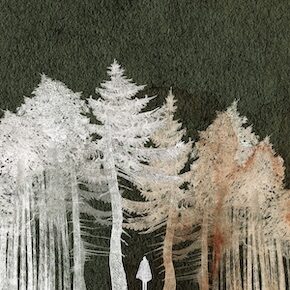
Grandmother and get me out of here
She wakes up. Where is she? The sheets feel damp. Wallpaper. Probably a bedroom. Her feet feel hot. Slippers on. She pushes them off. Carpet. Ugly, ugly carpet, she has the same one at home but it’s much nicer. Bookshelf. Brown and white, gilded spines. Books. Tito’s biography. Then Meša Selimović, Abdulah Sidran, Saša Stanišić,...
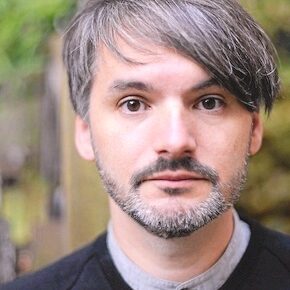
Saša Stanišić: Alternative visions
Saša Stanišić was born in former Yugoslavia in 1978 to a Bosnian Muslim mother and Serbian Orthodox father. Their flight into Germany at the outbreak of the Bosnian War in 1992 was fictionalised in his debut novel How the Soldier Repairs the Gramophone (Luchterhand Literaturverlag, 2006; Grove Atlantic/Weidenfeld & Nicolson, 2008; Pushkin Press, 2015, translated...
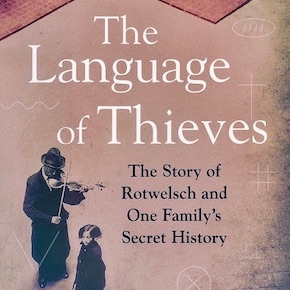
Secrets and lies, red Welshmen and words of vagrant wisdom
“All families develop a special language, words and references no outsider can understand. My family’s special language was Rotwelsch.” Thus begins Martin Puchner’s complex, compelling, if at times ambivalent exploration of a family and a language, or in point of fact of Language (and perhaps Family) capitalised. Of language as an institution, as a structure...
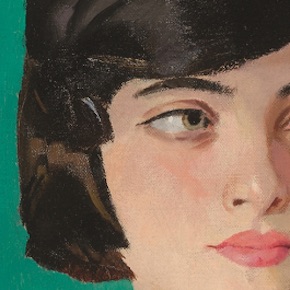
Who makes history happen?
Imagine a perfect (imperfect), remote and rural, Volkisch German landscape: replete with lush meadows and muddy, green pastures, well-ordered small villages abuzz with their perennial hierarchies of landed gentry, newly rich bourgeois grandees, the teachers and clergy, the pure and echt common Volk of farmers and housewives, the idle, reminiscing elderly, the burgeoning young. A...
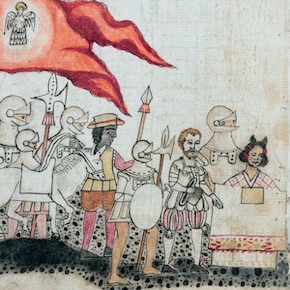
‘La lengua’: interpreters the colonial age
In August 1492, Christopher Columbus set sail from Spain, hoping to find a westwards trading route to Asia. With him were two interpreters, fluent in various European and Middle Eastern languages. Columbus himself, who was originally from Genoa in Italy, also spoke several European languages. Even within Spain, a multitude of languages coexisted, many of...
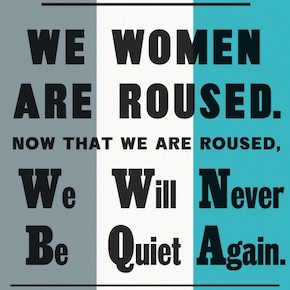
The duty of disobedience
Twenty-five years after its inception, ten years since the last instalment in the series, and with over 4 million copies sold to date, Penguin Great Ideas is back with a brand new selection of 20 titles. Bringing to readers the works of the many great thinkers, pioneers, radicals and visionaries whose ideas have shaken civilisation and helped...
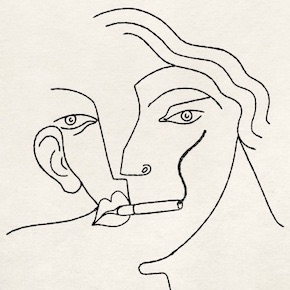
Worlds beyond
Penguin Classics Science Fiction has launched with ten titles in a stunning new series design, featuring essential works of space opera, dystopia, slipstream and satire from the great science fiction writers of the US, Russia, Argentina, Germany and beyond. Masters of the genre James Tiptree, Jr., Andreas Eschbach and Angélica Gorodischer are published alongside favourite classics from the likes...
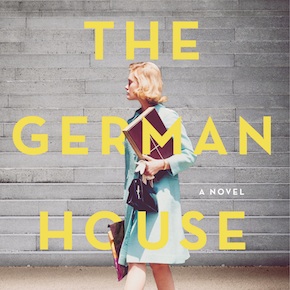
After all that we were, what shall we be?
The war that would slash modern history, our contemporary awareness of humanity, into before and after, leaving a gaping void between the two states, seems not to have happened at all in the opening pages of Annette Hess’ ambitious and complex debut novel The German House. It is 1963, the year of Hitchcock’s The Birds,...
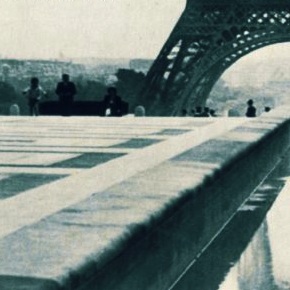
More than itself
More than a poet, Rilke, one might argue, is a supreme embodiment of a Platonic idea of the artist, a sublime abstraction of the power of art and of words to haunt us and to grant us life. Even when alive, he was less a person than he was a persona, a complex yet intangible...
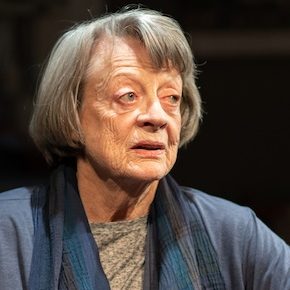
A complex complicity
“I’ve forgotten such a lot. Most of it, really. Certain things stick of course, although I’ve no idea why. I don’t understand how it works. I read something and then I go across the room to check what’s for dinner and completely forget what I’ve just read. I think, wait a minute, I’ve only just...

